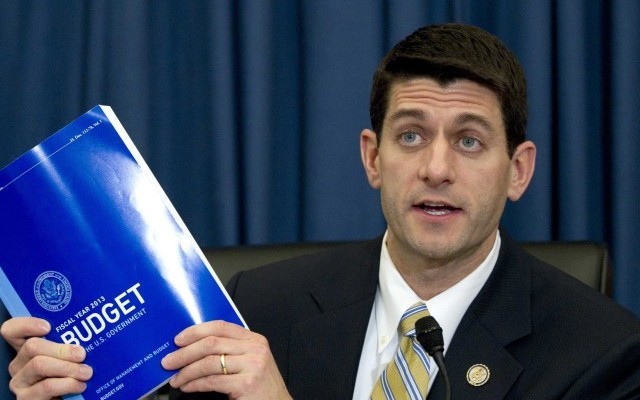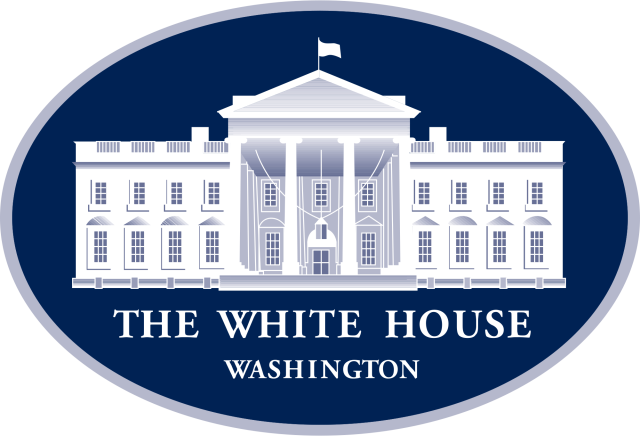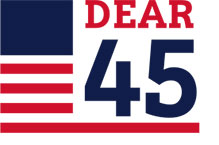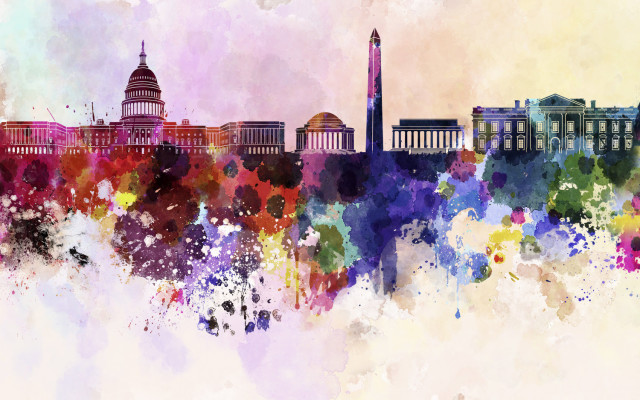‘Le Grand Guignol’ Comes to Town – Political Corruption
By Wallace Bruschweiler and William Palumbo

Promotional poster for a Grand Guignol performance. Courtesy of Wikipedia.com.
Over the last several years, the American people have witnessed one perplexing political shenanigan after another – a never-ending story. Instead of standing up for principles, for democracy itself, our elected leaders routinely sell-out the same country to which they swore an oath to protect.
The most recent enormous sell-out was the passage of a budget that served only the government, not the country. It began with the election of a new Speaker, whom many hoped would serve the country better than his predecessor. Instead of a political savior, we got yet another total political loser.
Once in power, the Speaker raised the curtain on a most appalling political horror, a true grand guignol: a budget that funds a government which is already standing on financial quicksand, and that has an abysmal, out-proportion debt. So much for “we won’t get fooled again.”
Indeed, many of the men and women whom we once considered true patriots have, in recent years, months, and weeks, shown that their own personal agenda and banks accounts take priority over the safeguarding and destiny of our nation. Their treachery – their betrayal – of the American people is forcing a major geopolitical realignment. Under rule of the current political establishment, the United States is a leading contender in whatever Oscar equivalent is awarded to banana republics.
How and why did all this happen? Without access to personal records, such as bank accounts domestically and on an international level, including tax shelters, it is impossible to say with certainty. But, if past is prologue, then bribery facilitated by a government-entrenched mafia is what greases this political machinery.
Welcome to Our Real World: Today’s Ugly Reality
It is not pleasant at all to think that a mafia-type government runs Washington, D.C. Yet it exactly explains why, despite widespread disapproval of Barack Hussein Obama and Congress, both parties continue working shamelessly against the interests and well-being of the American electorate.
Take, for example, the so-called Iranian nuclear deal. By legitimizing Iran, the world’s preeminent sponsor of terrorism, Obama has opened the Iranian markets (especially oil and natural gas) to the western world. In the long run, this deal has the potential to generate trillions of dollars in international trade. Companies represented by extremely well-financed and influential lobbyists see Iran as the mother-of-all potential markets.
Despite the overwhelming dangers that emanate from enriching a brutal regime with not-so-veiled nuclear ambitions and a proven worldwide terrorist network, the Republican-led Congress refused to try anything which would have effectively postponed and/or killed the deal.
Again, how and why could this have happened? The answer is unfortunately obvious: money (and, in the case of the Iranian nuclear deal, close family connections between the negotiating members from both sides).
There are other examples that come to mind: a multi-trillion dollar “stimulus” package, a $700 billion dollar bank bailout, countless “green” energy loans that have ended in bankruptcy, etc.
How likely is it that some of this money has been used to line pockets for political favors on both sides of the aisle? All of this was paid and financed by the people’s tax dollars.
“A government of the mafia, by the mafia, and for the mafia” – that seems to be today’s motto
Mafia is non-ideological: it does not embrace political ideals. It cynically espouses ideals from time to time, but ultimately it will not uphold virtues that interfere with the strict pursuit of money and power. So, when (not if) necessary, ideals and decency are conveniently forgotten.
The public at large calls this process “a bipartisan compromise.” However, in reality, there is only one party. It is a political animal which puts your God-given rights on the auction block, to be sold to the highest willing and able bidder.
It’s also indisputably true that politicians, on both sides of the aisle, are taking bribes. Wherever power accumulates, corruption immediately follows. Widespread corruption is the defining trait of Washington’s establishment today. There is no principled leader among them.
Politicians, like everyone else, have a price.

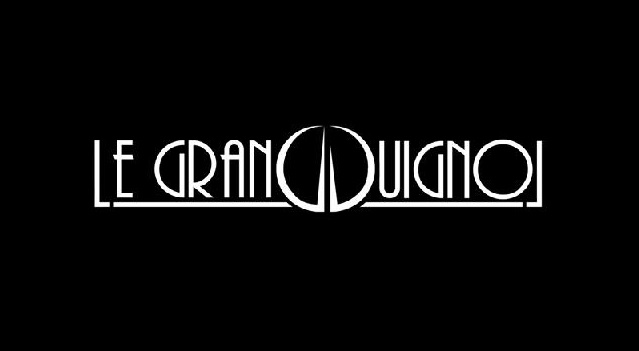

 My predictions for 2016:
My predictions for 2016: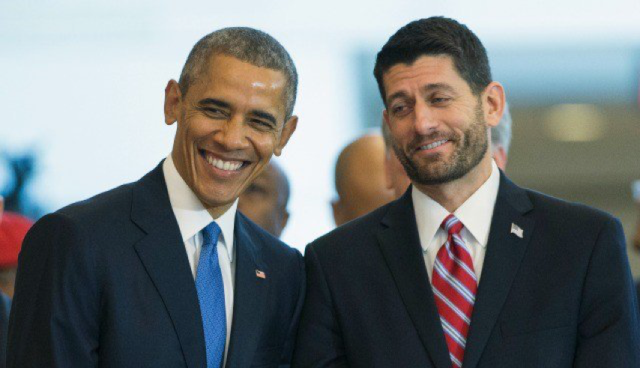
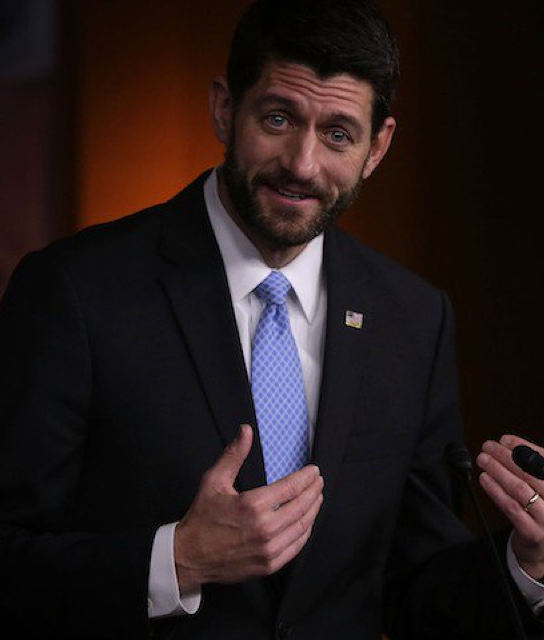
 100,000 Muslim refugees coming to America on your dime now funded….. they will then be able to bring in a million more family members as sponsors……..Where to build all the mosques ?
100,000 Muslim refugees coming to America on your dime now funded….. they will then be able to bring in a million more family members as sponsors……..Where to build all the mosques ?







